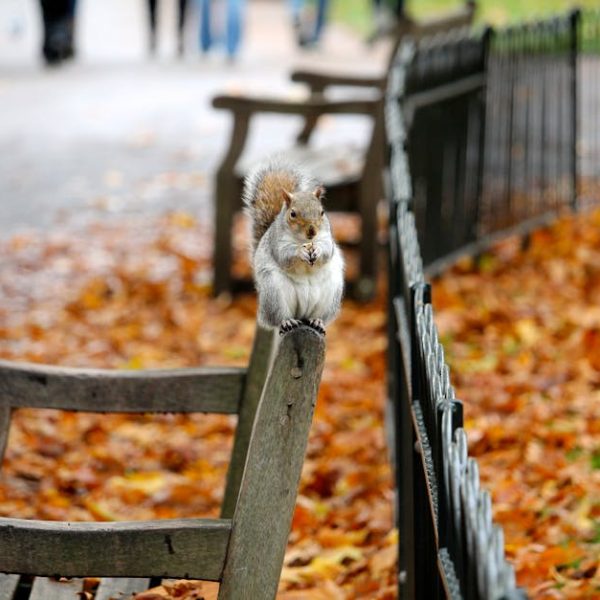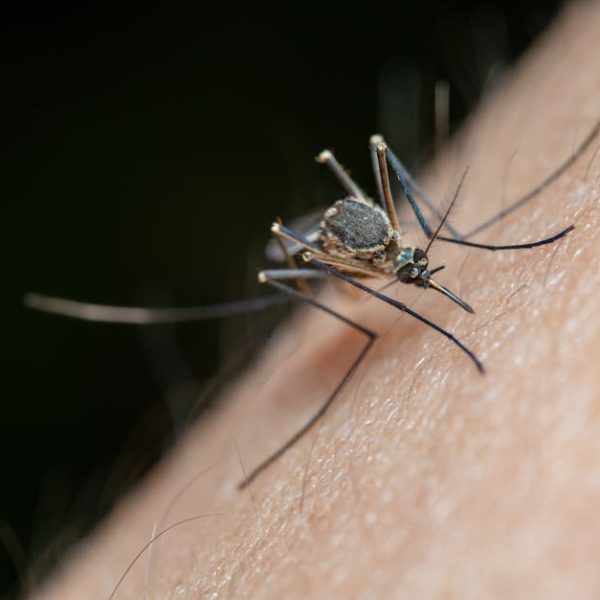Are maggots beneficial to compost? Emphatically, yes. This concept may sound perverse to many since maggots are typically associated with filth and decay. However, they play a crucial role in the composting process, especially when it comes to breaking down materials more rapidly and promoting nutrient recycling. This article will explore the essential role maggots fulfill in composting, discuss the nutrition recycling process, and address common hygiene concerns. Furthermore, we will weigh the benefits and downsides of maggots in compost and explain how to create a suitable composting environment conducive to maggots.
The Role of Maggots in Composting Processes
Several creatures are principle contributors to the composting process, and maggots are a significant part of this biological team. Their presence in your compost bin is entirely natural and often an indicator that composting is underway. Maggots, namely the larvae of the black soldier fly, function as an army of efficient decomposers, breaking down organic material and accelerating the composting process.
However, having a healthy compost bin isn’t just about fostering an environment for maggots. It’s also about creating a balance between green materials (such as vegetable scraps or grass cuttings) and brown materials (like dry leaves or paper). By maintaining this balance, you discourage unwanted insects from overtaking your compost pile.
In the composting world, maggots share their abode with several other helpful organisms, including earthworms and various microorganisms. Together, they work in conjunction to decompose organic materials, each contributing to different stages of the composting process.
A Discussion on Nutrition Recycling
Maggots serve an extraordinary purpose in the ecology of your compost pile. They help to enrich the compost by recycling nutrients from the decaying organic matter in the bin. As the maggots consume the organic material, they convert it into a nutrient-rich waste known as frass. This frass is an excellent soil amendment, promoting healthier, more vigorous plant growth.
Though often overlooked, these little grubs play an important role in creating the nutrient-rich soil amendment that gardeners term ‘black gold’. The part they play in the cycle of life is crucial, albeit underappreciated.
Addressing Common Concerns: Maggots and Hygiene
It’s not uncommon for people to express concerns about the hygienic aspect of having maggots in compost. Indeed, the notion of sharing your garden with thousands of small, squirming larvae is enough to make anyone squeamish. However, a well-maintained compost bin hosting maggots does not pose health risks.
Differentiating between houseflies and beneficial composting insects is critical. Not all fly larvae are detrimental. While houseflies can transmit diseases, the larvae of the Black Soldier Fly, commonly found in compost piles, are not known to carry diseases. This understanding can help alleviate any hygiene concerns associated with maggots in compost.
The key to maintaining cleanliness and health safety standards with a compost bin hosting maggots is regular maintenance. This includes proper aeration, maintaining an appropriate moisture level, and ensuring that the pile is not overly saturated with green material. Following these guidelines can ensure a thriving compost pile that doesn’t become a breeding ground for unwanted pests.
Benefits and Downsides: Do Maggots Help or Hurt Compost?
Maggots have several benefits in a compost bin. These include enhanced decomposition and nutrient recycling, reducing the compost processing time and improving the overall quality of the resulting compost.
However, there could be potential downsides if not managed correctly. One major concern could be an unpleasant odor produced by the compost pile if it is overly saturated with green material and poorly aerated. This can attract unwanted pests, exacerbating the problem. Moreover, an unchecked maggot population can eventually lead to an overabundance of adult flies.
To outweigh these disadvantages, some solutions include:
- Maintaining an appropriate balance of green and brown materials.
- Ensuring proper aeration.
- Regularly turning the pile to speed up the decomposition process and avoid pungent smells.
- Not adding meat or dairy products to your compost bin, which attract more undesirable pests.
Comparing the Pros and Cons of Maggots in Compost
| Pros | Cons |
|---|---|
| Speed up the composting process | Can produce an unpleasant odor if not managed correctly |
| Help recycle nutrients in compost | Possible overpopulation of flies |
| Can improve the overall quality of compost | Attraction of unwanted pests if compost bin is poorly managed |
Creating a Suitable Environment for Composting with Maggots
To enjoy the benefits of composting with maggots, starting right is crucial. To create a compost bin that supports beneficial insects like maggots requires:
- A balance of brown and green materials. Remember, the browns provide carbon while the greens contribute nitrogen.
- A system that allows for proper aeration, such as layered or lasagna composting.
- Regular turning of the compost pile to encourage decomposition and avoid unpleasant odors.
Here are some steps to create a composting environment suitable for maggots:
- Choose the right compost bin for your needs.
- Add a layer of brown materials at the bottom of the bin.
- Add a layer of green materials on top of the brown layer.
- Repeat the layering process until the bin is full.
- Ensure the compost pile is moist but not overly wet.
- Turn the compost pile every few weeks to help speed up the process and manage the odor.
Pro Tip: When composting with maggots, opt for a bin with a tight-sealing lid to manage unwanted pests and rodents. A compost bin with a bottom should be preferred for this strategy.
Key Takeaway:
- Maggots, particularly the larvae of black soldier flies, play a crucial and largely underappreciated role in the composting process, by breaking down organic material swiftly and recycling nutrients.
- A nutrient-rich waste called frass is produced by maggots, which can serve as an excellent soil amendment promoting healthier plants.
- Health and hygiene concerns related to maggots in compost can be managed through regular maintenance and an understanding that not all fly larvae pose risks. Black Soldier Fly larvae, commonly found in compost piles, are not known to transmit diseases.
- While maggots indeed assist in faster composting and nutrient recycling, poorly managed compost with maggots can result in unpleasant odors and overpopulation of flies. Proper aeration, balancing green and brown materials, and not adding meat or dairy products can effectively manage these issues.
- Creating a composting environment conducive to maggots includes having a correct balance of brown and green materials, adequate aeration, and regular turning of the compost pile.
It is essential not to simply equate maggots with dirt or decay, but appreciate their valuable contribution to the composting process. With correct maintenance of the compost bin, the maggot population and their activity can be effectively managed benefiting the overall composting process and consequently, your garden.
FAQs
Q: Is it bad to see maggots in my compost bin?
A: No, it’s not bad to see maggots in compost. They actually indicate that the composting process is effectively taking place and contribute by breaking down organic materials faster.
Q: Are maggots harmful to my garden?
A: No, maggots are not harmful to your garden. They play a vital role in breaking down organic materials in compost and their byproduct, frass, can enhance the growth of your plants.
Q: Do maggots attract more pests to my compost bin?
A: If your compost bin is not well-maintained and is overly saturated with green materials, it may produce an unpleasant smell which could attract unwanted pests. Regular aeration and maintenance can prevent this.
Q: Are maggots in compost bin a sign of poor hygiene?
A: Maggots in your compost bin do not signify poor hygiene. However regular maintenance is necessary to prevent overpopulation and manage potential odors.
Q: Can I compost with maggots safely?
A: Yes, composting with maggots can be done safely as long as the compost environment is well-managed. This includes maintaining a balance of green and brown materials, ensuring proper aeration, and not adding meat or dairy products to the compost bin.
We encourage you to share this article with others who might find it useful, and explore more of our enlightening posts on composting and gardening to enhance your green thumb knowledge.






